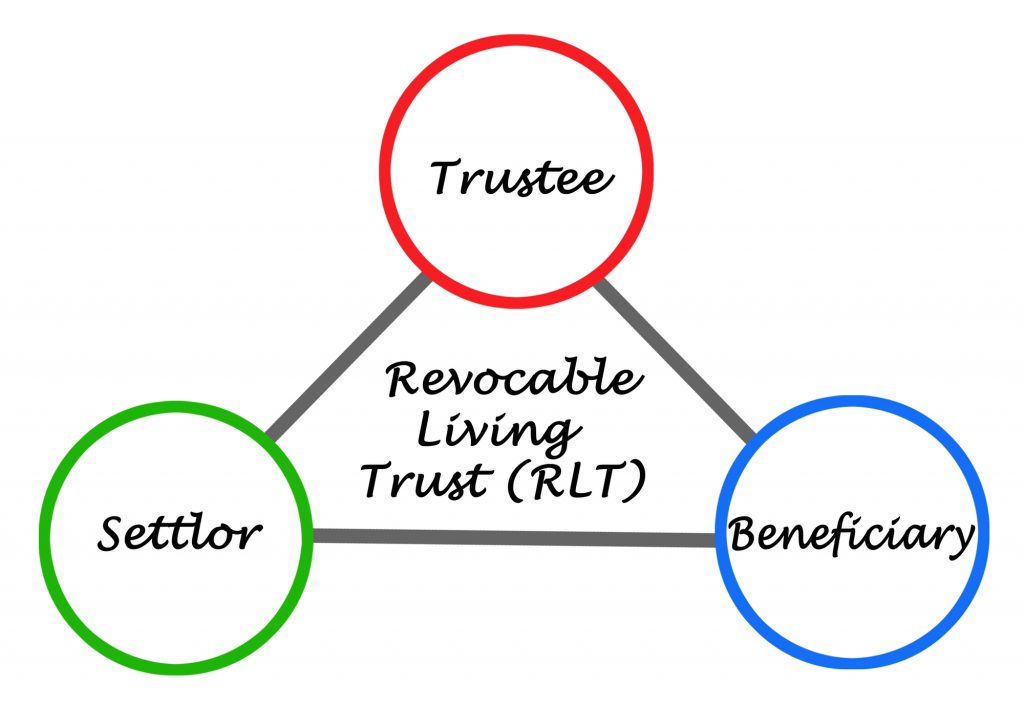
The Beneficiaries of a Living Trust (revocable) have essentially the same positioning as Heirs or Devisees under a Will.
No vested rights at all. They can’t boss you around or pressure you into giving them more, or getting it to them earlier… unless you let them.
We recommend that you don’t — not until you’ve counseled with an experienced estate planning or elder law attorney, and have fully disclosed everything to them.
As we age, and our children become adults doing amazing things, human nature is to let our children counsel us. Most of the time that’s a good thing. But if a child of yours is trying to talk you into benefiting them over that which you had planned, please question their motives, at least with your attorney as a sounding board. We’ve seen trusted children apply pressure and undue influence on their parents, especially those elderly and/or widowed. Just be cautious and a bit pragmatic, for your own good.
Now, is it unfair to favor a child who’s been a faithful caregiver to you and your spouse? Not at all. But if you do it in your Will, which only kicks in after you pass away, what’s to stop a child who hasn’t been as present or helpful for you from disputing the estate? Elsewhere on this site we’ve suggested favoring that supportive and self-sacrificing child with lifetime giving, when no one else need even know about it, then treating all the kids equivalently in the Will.
Just something to think about.

Now, as to Irrevocable Trusts, your Beneficiaries very well may have vested rights in the Trust property. See the pages on this site dealing with Irrevocable Trusts.